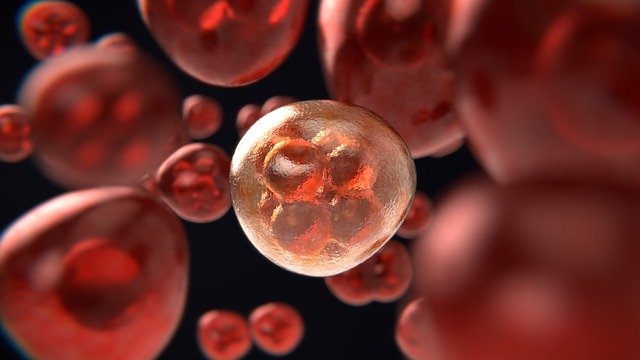Research conducted by the American Cancer Society revealed that cancer is the second leading cause of mortality after heart diseases. Cancer is described as the sudden uncontrolled proliferation and growth of cells. In most scenarios, the signs and symptoms of cancer are unspecific. However, depending on the location of the cancerous growth, signs may appear in the early stages.
An example is when cancerous cells proliferate; they tend to exact pressure to the surrounding blood vessels and nerves. A tumour found in the brain will cause the rapid manifestation of signs as it is found in a sensitive region. However, silent cancers like pancreatic cancer will only be detected when it is an advanced stage when it is large enough to press on the neighbouring nerves, blood vessels or bile duct. Additionally, metastasized cancer is difficult to detect as it is widespread and affects various organs in the body.
There are increased chances of survival if the cancer is detected early, and aggressive treatment is administered. Therefore, what are some of the early warning signs that you should be on the lookout for cancer
Sudden unexplained weight loss.
Cancerous cells are demanding in terms of nutrition and metabolism; thus, it may cause the body to use up stored energy, resulting in sudden unexplained weight loss. Esophageal cancer, prostate cancer, stomach cancer, and lung cancer are mostly associated with extreme weight loss over a short period.
Fever, Headaches, Fatigue, and Night Sweats.
Persistent headaches or migraines that appear at a consistent pattern during the day may signify cancer. Constant fatigue that does not go away even after a period of rest is also an indicator of cancer. This is due to the increased body demands that cancer cells impact on the body. Persistent fever is a prevalent indicator of blood cancers like leukemia and lymphomas. Also, cancer of the liver or the kidney may manifest as persistent fever.
Although night sweats and chronic cough are symptoms known to be associated with tuberculosis, they are also signs of lung cancer. It is important to schedule a visit with your oncologists at least annually, especially individuals predisposed to developing cancer.
Change in the Bowel Movements
If you are experiencing a sudden onset of constipation or diarrhea occurring for an extended period and persist even after medication, then most likely, you may have colon cancer. Additionally, if you happen to see bloodstains in your stool or urine, it is crucial to visit a hospital near you
The colour of the blood may hint at the site of bleeding in the gastrointestinal tract. Bright red bloodstains indicate bleeding in the lower part of the intestines or the rectum. However, a dull red colour indicates bleeding in the upper parts of the gastrointestinal tract. Pelvic pain is an early symptom of uterine cancer.
Unusual Bleeding.
Sudden vaginal bleeding or spotting that is not related to menstrual flow in women is a sign of cervical or uterine cancer. Coughing blood may indicate lung cancer, and bloodstains in urine could be due to kidney or bladder cancer. However, these are not the only causes; bleeding might be caused by infections or trauma.
Indigestion, Bloating, and Dysphagia.
Difficulty in swallowing could indicate esophageal cancer, stomach cancer, or throat cancer. Bloating and indigestion is a common symptom of colon and stomach cancer.
Lumps or Enlarged body parts.
Not all lumps found in the breasts are malignant. Some are benign and can be eradicated using a simple surgical procedure. However, a breast lump with abnormal breast discharge warrants further investigation of the mass.
For men, testicular cancer presents as testicular lumps or an enlarged testicle. Swollen lymph nodes or glands that persist for weeks should be sent in for a biopsy to assess cancerous cells.





